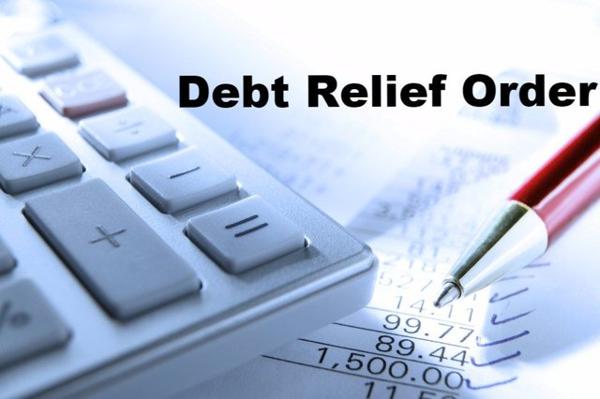A debt relief order (DRO) represents one of the methods for having your debts written off. DRO is a viable alternative to bankruptcy but creditors generally accept it only when there is a risk that you won’t be able to pay off your debt.

As such, it could be a great way to alleviate your debt burden but applies only if you have a few assets (less than £1000 if you are a homeowner), as well as low income.
Most DRO’s last for a period of 12 months, during which creditors can’t make any claims on the debt you have. If, after the period expires, your financial situation does not improve, the debts included in the relief plan will be written off.
In this article, we present you with a guide to Debt Relief Orders in the UK, as well as the advice on how to make out the most of it.
DRO Does Not Apply to Scotland
DRO is not an option if you live in Scotland. You can apply for Debt Relief Order only if you live in England, Wales or Northern Ireland.
The first step towards applying is to find your local DRO adviser which can be done at a Citizens Advice Bureau.
A DRO adviser should be able to establish whether you’re eligible and give you general advice about your relief plan.
You’ll Have to Meet Certain Conditions to Apply
To be eligible to apply for DRO you will need to meet the following criteria:
- Have a total sum of debt that does not exceed £20,000
- You owe no property (a home).
- You have total assets worth less than £1,000
- It’s been six or more years since your last DRO was in force.
Note: The conditions above may be incomplete. For a full list of requirements for Debt Relief Order(DRO) information, visit a citizen’s advice website.
DRO Does Not Cover All Your Debts
A DRO will apply only for debts included in the plan, not for all your debts. You will still have to pay off debts that aren’t included in the DRO.
The list of debts that quality for DRO includes:
- Credit cards
- Personal loans
- Bills and taxes (such as income tax)
You won’t be able to obtain a DRO for court fines, student loans or alimony payments.
There Are Restrictions
There will be certain restrictions during the Debt Relief period. You will be required to notify the lender you have a DRO in case you apply for credit exceeding £500 and you won’t be able to conduct business under a name different from the one you applied for a DRO.
It Will Affect Your Credit
While a DRO may be a convenient way to get out of debt, your credit rating will be affected. A DRO will be included in your credit record for a period of six years, which may impact your ability to apply for credit.
Before you decide to apply for a DRO it’s recommended you assess your situation carefully and consider the advantages, as well as all the risks involved.
